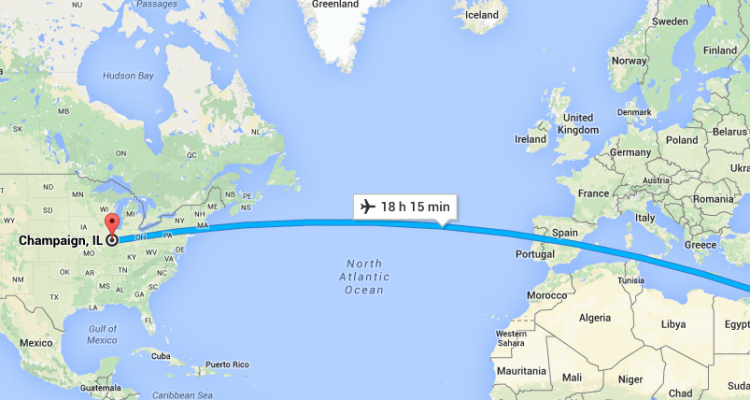[soundcloud id=’195457339′]
By Danielle Chaloux
Sayed Kashua, a Palestinian citizen of Israel, spoke at the University of Connecticut Wednesday night, telling stories about his life growing up in the Triangle and attending boarding school in Jerusalem. The popular author, television writer, and satirist was at times laugh out loud funny, while at at others his stories spoke to the delicate situation in Israel.
“I cannot really think or relate to my home as a safe place,” he said.
Having recently transplanted his family to Champaign, Illinois, Kashua had observations to share about life in the American Midwest. One engaging anecdote told of registering his children for school, and encountering the question “What is your race?” This context was unlike any previously experienced, and Kashua flagged down a school administrator to help explain.
“I raised my hand and the lady approached me, and said ‘Yes sir, how can I help you?’ I said ‘what is my race?’ She asked, ‘Where are you from, sir?’ and I said “We are from Jerusalem,” and she responded, “Oh, so you’re from the Middle East? You are white, sir.’ It was the second that I was completely in love with Champaign.”
The theme of identity was a major influence on the evening, as Kashua presented his varied identities, as an Israeli citizen, a Palestinian Arab, a token Arab student at school, a son, a father, and ultimately, a stranger.
Kashua told of taking the bus home from boarding school, commenting “the very first time I left the boarding school and took a bus, that was the second that I started to realized the meaning of being a stranger, what’s the meaning of being a threat, and what does it really mean to be an Arab, a Palestinian citizen of Israel. When I arrived in Champaign, I felt the same smell, the same smell of being a stranger, and the music in the background was already different for me.”
This distance from mainstream Israeli society may have its roots in Kashua’s upbringing in the Triangle, a region in Central Israel adjacent to the Green Line with a concentration of Israeli Arab towns. When asked what his hopes and dreams for the future of Israel and Palestine are, Kashua didn’t have any particularly grandiose aspirations.
“It’s really the basics, I hope for the basics of citizenship in a democracy. To be able to choose where to live, to be fully accepted as a citizen,” Kashua said. “If there is a prime minister to say ‘You are citizen of Israel, and we don’t have a different place for you,’ that would be enough. To know my home is a secure place, that would be a very good start.”


